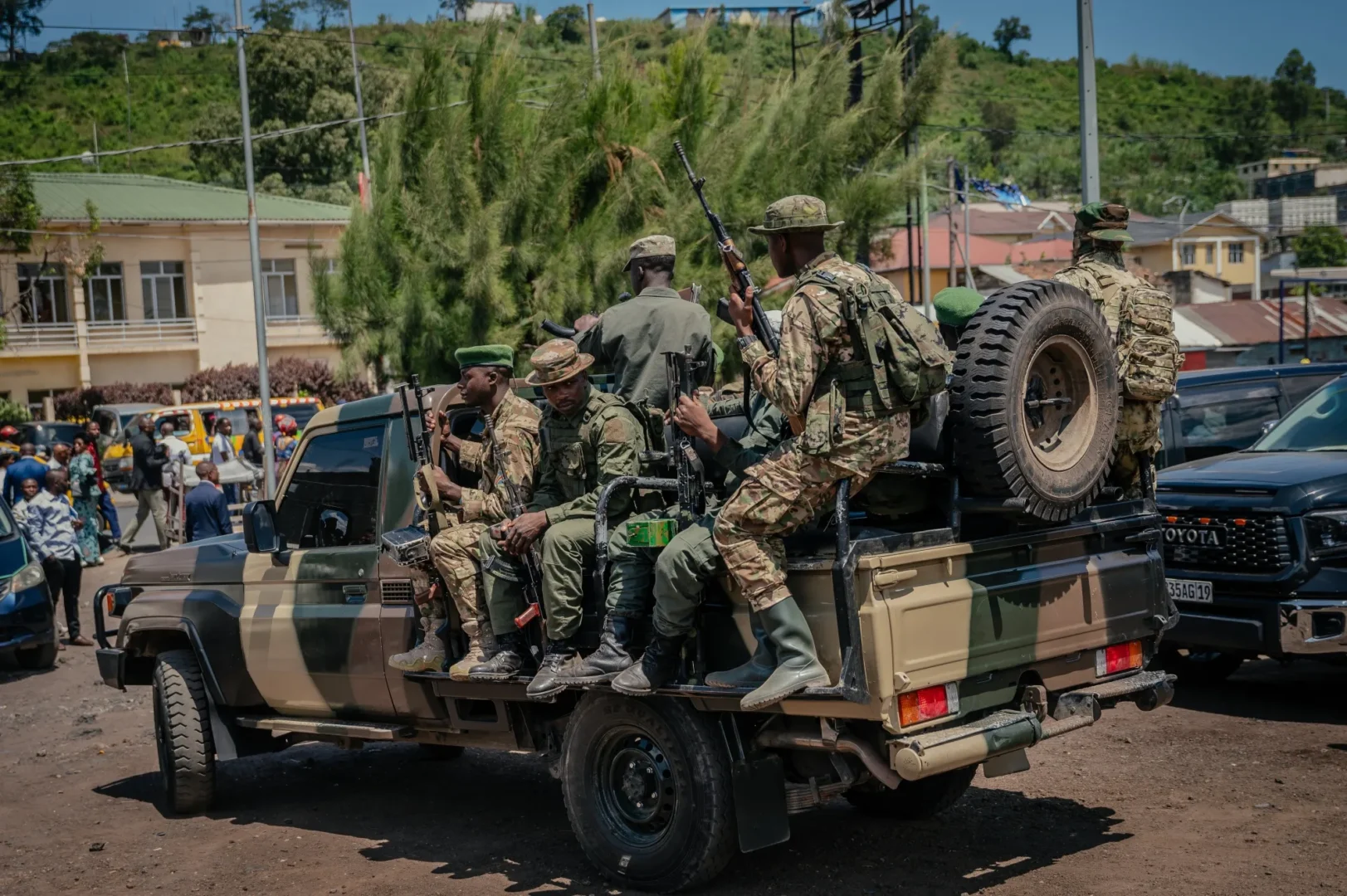GOMA, DR Congo — The March 23 Movement (M23) rebels have announced a significant reduction in the price of petroleum products across the territories under their control in North Kivu Province, eastern Democratic Republic of Congo (DRC).
In a statement signed on September 29 by Chadrak Bahati Amani, the deputy governor of North Kivu under the M23 administration, the new prices were officially fixed following consultations.
The previous price of a litre of petrol stood at 3,690 Congolese francs (approximately $1.46 USD), while diesel was priced at 3,400 francs ($1.34 USD). Under the new directive, the price for petrol has been reduced to 3,422 francs ($1.35 USD) and diesel to 3,306 francs ($1.30 USD). This translates to a reduction of 268 francs ($0.11 USD) per litre for petrol and 94 francs ($0.037 USD) for diesel.
The price adjustment follows a September 26 meeting between M23 authorities and the Association of Oil Producers of North Kivu (APENOKI). All fuel stations operating within the rebel-controlled zones have been mandated to display the new, lower rates.
Strategy to ease transport and boost commerce
While the rebel administration provided no official explanation for the pricing decision, the cuts are seen as the latest in a series of measures aimed at reviving economic activity and easing the movement of goods and people in the areas they govern.
Earlier this month, the M23 group reopened the DRC’s main border crossing with Rwanda at Grande Barrière (Rubavu), extending its operating hours from 6 a.m. to midnight in a bid to stimulate trade and mobility.
Also Read: EPRA hikes petrol prices, slashes diesel and kerosene in new fuel review
In July, the group welcomed the decision by Uganda to reopen key border points at Bunagana, Busanza (Kisoro district), and Ishasha (Kanungu district), moves the rebels believe will strengthen regional commerce.
However, the rebels recently condemned the bombing of the strategic Mpeti Bridge in Walikale territory, warning that its destruction would severely cripple local trade and transport networks.
The M23 group currently controls large swathes of both North and South Kivu provinces, following the resurgence of its insurgency in 2022.
The Congolese government in Kinshasa continues to accuse Rwanda of providing military support to the rebels—allegations that are consistently denied by both Kigali and the M23, who maintain that their fight is primarily against institutional corruption, xenophobia, and discrimination within the DRC’s leadership.

